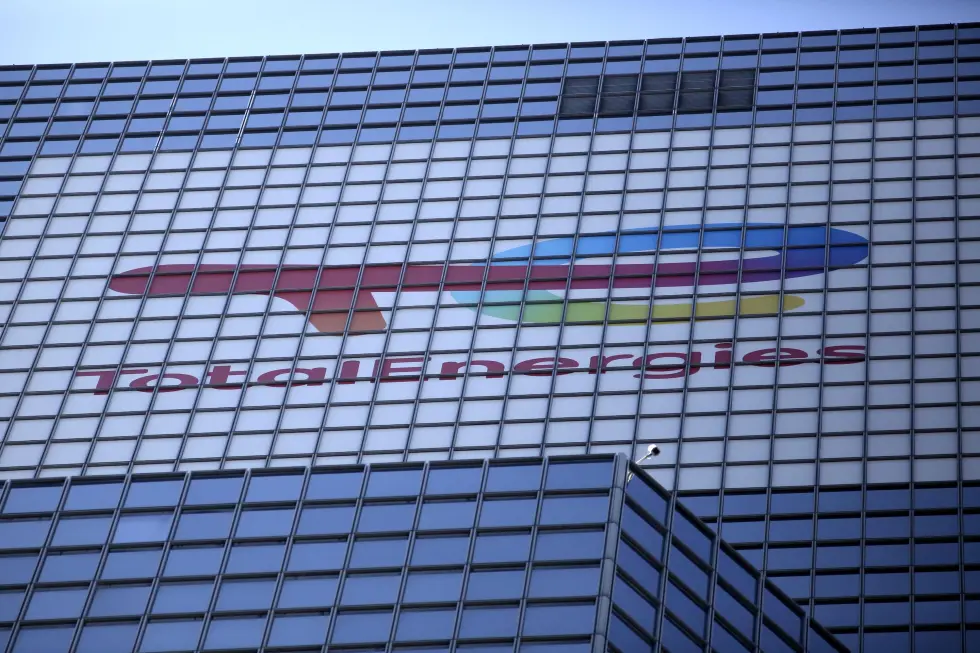The energy giant, TotalEnergies, has been accused of causing significant damage and violating the rights to land and food of local communities in Uganda and Tanzania, according to a statement released by local and French aid groups along with affected individuals.
At the heart of their complaint, lodged in a Paris court, are two extensive TotalEnergies projects: the Tilenga project, involving the exploration of 419 oil wells, with a third located in Uganda’s largest national park, Murchison Falls, and EACOP, a 1,500-kilometre pipeline transporting crude oil to the Tanzanian coast, traversing several protected nature reserves.
The complaint alleges that individuals impacted by the project have been unable to freely use their land for the past three to four years, violating their property rights. Consequently, they have been deprived of their livelihoods, leading to significant food shortages for some families. Only a fraction of these individuals have received compensation in kind, while others were offered financial terms that fell “far short” of what was required.
Further allegations state that some villages have experienced flooding as a result of construction at the Tilenga project’s oil treatment plant. Additionally, those who dared to criticise the oil projects in Uganda and Tanzania, or sought to defend the rights of affected communities, faced threats, harassment, and arrest.
Activists Jelousy Mugisha and Fred Mwesigwa, who had journeyed to France for a 2019 case aimed at obliging Total to prevent potential rights violations, faced significant consequences upon returning to Uganda. One was arrested at the airport, and the other was attacked at his home 10 days later, according to the NGOs involved.
A third activist, Maxwell Athura, claimed to have faced threats and unwelcome intrusions at his home, along with being “arbitrarily arrested twice in 2022”.
The statement continued, “Total’s failure in its duty of vigilance caused serious harm to the plaintiffs, particularly to their rights to land and food. Therefore, they are requesting that the company be ordered to compensate them.”
The groups assert that over 118,000 people have had their land completely or partially expropriated due to the two TotalEnergies projects.
Frank Muramuzi, executive director of Friends of the Earth’s Ugandan branch and local NGO NAPE, condemned the situation, stating, “It is unacceptable that foreign oil companies continue to make extraordinary profits while communities affected by their projects in Uganda are harassed, displaced, poorly compensated, and living in abject poverty on their own land.”
The associations argued that TotalEnergies should have been cognisant of potential serious rights violations connected to its Ugandan plans. However, they maintain that the company “did not act when warned they existed and did not implement corrective measures once the human rights violations occurred.”
Furthermore, they allege that “no steps addressing population displacements, limits to people’s access to their means of subsistence, or threats against human rights defenders” were included in Total’s plans from 2018 to 2023.
Friends of the Earth and four Ugandan associations failed in a 2019 attempt to force TotalEnergies to halt the Tilenga and EACOP projects in a French court.
Image Credit: AP Photo/Rafael Yaghobzadeh, File




